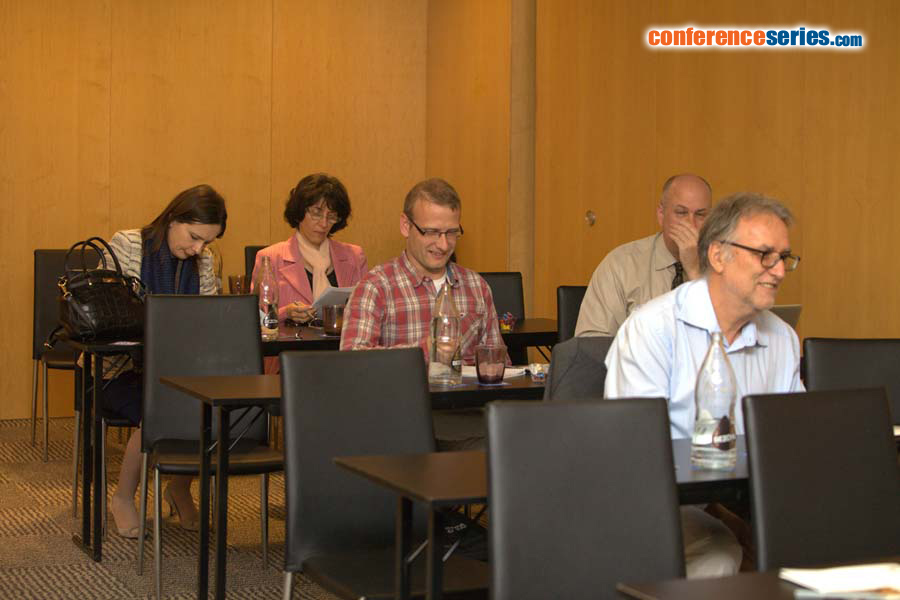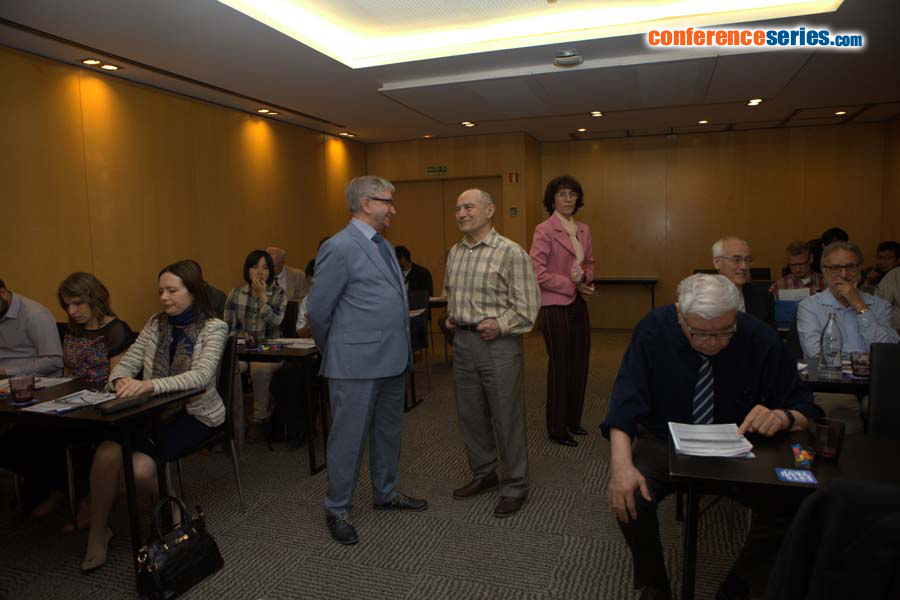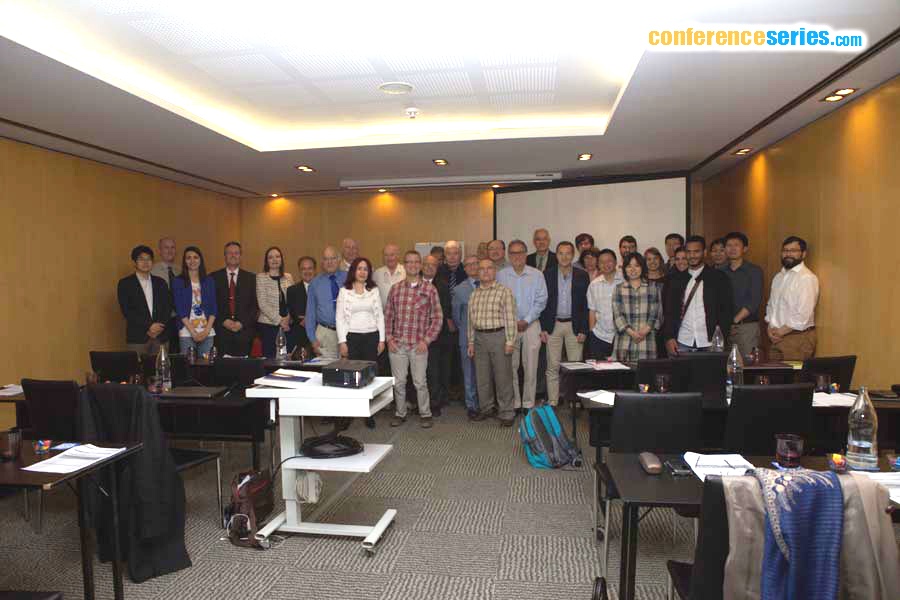
Simona-Mariana Cretu
University of Craiova
Romania
Title: Research methodology in mechanical systems and bionics: from Plato to contemporary science
Biography
Biography: Simona-Mariana Cretu
Abstract
Statement of the Problem: During the process of scientific creation innovators can apply creativity techniques either intuitively, either by using the most appropriate research methodology. A research methodology can use present or historical knowledge. Many scientific matters of current interest are described in Plato’s work, and some contradictory topics from his work are still debated. A short overview referring to the methodological rules from Plato’s work - which have not been exceeded - is considered to be necessary. The aim of this paper is to promote the utilization of the appropriate research methodology in the process of scientific creation in the field of mechanical systems and bionics, to present some applications, as well as focusing our attention on new historical research with useful results in the present. Methodology & Theoretical Orientation: Some of the streams used in solving difficult problems are: experimental analysis, thought experiments, visual analogy, inventive principles recommended by TRIZ method (the Theory of Inventive Problem Solving), and maintenance of the idea in long-term-memory. Findings: The paper presents the author’s point of view referring to the interpretations of Plato’s books. Some new applications of Plato’s ideas in mechanical systems are included. The author’s strategy utilized in the process of scientific creation in bionics was applied to obtain several biological robots and models of mechanical systems inspired from nature, e.g. viruses. The applications of TRIZ method in the field of mechanisms and robots, even for the calculus, e.g. global mobility, are obtained. Conclusion & Significance: The author aims for the paper to be useful to other young researchers who strive to improve their strategy in the process of scientific creation. In addition to that, the paper encourages researchers from different fields to collaborate together for solving the contradictions from Plato’s work.





